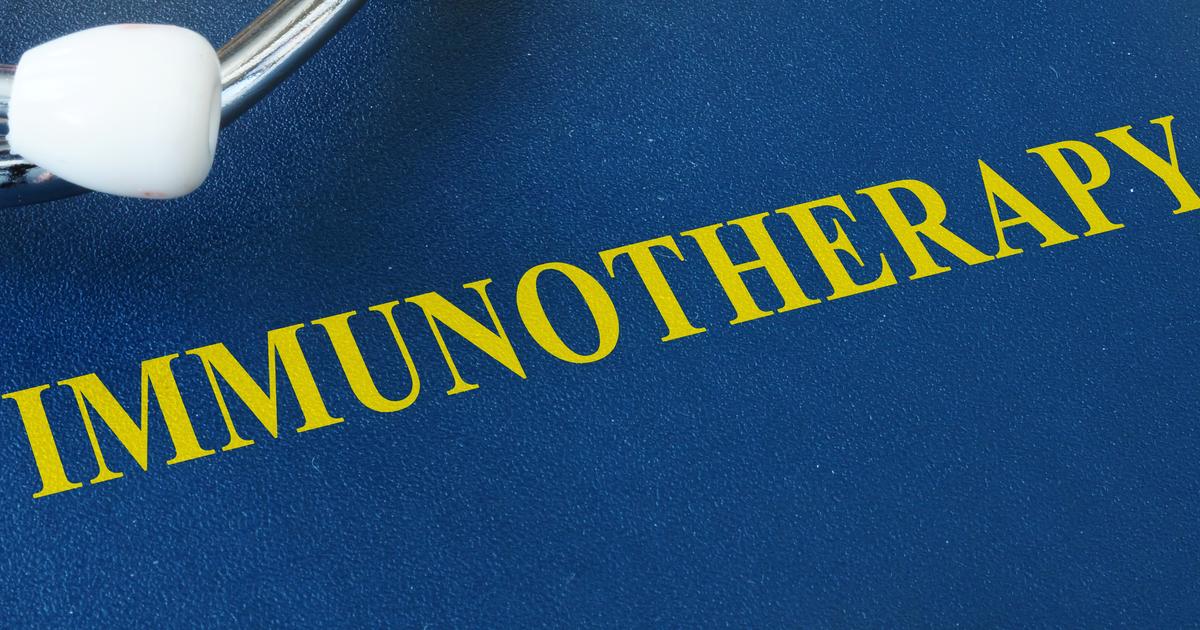Guide To Colon Cancer Diagnosis And Treatment Options
Immunotherapy

An individual who has been diagnosed with colon cancer may need to undergo immunotherapy, a treatment that uses drugs to manipulate the affected individual's immune system into fighting off the cancerous cells. The cells in the patient's immune system may not be able to recognize colon cancer cells because they make certain proteins that allow them to blend in with other cells in the body. Immunotherapy is a treatment method that causes disruptions in this disguise process, making the colon cancer cells more recognizable to the immune system cells. Some of the most common forms of immunotherapy used to treat colon cancer include immune checkpoint inhibitors, PD-1 inhibitors, and CTLA-4 inhibitors. Immunotherapy is a form of colon cancer treatment that is usually only given to individuals affected by an advanced form of this disease.
Continue reading to learn more about treating colon cancer now.
Targeted Drug Therapy

An individual who has developed colon cancer may need to receive targeted drug therapy to treat their malignancy. Targeted drug therapy is treatment with drugs that target specific abnormal properties of tumor cells to kill them. By disrupting the process that allows these abnormalities to exist in the cancer cells, targeted drug therapy can stop cancer from growing. In most cases, targeted drug therapy is combined with chemotherapy to treat colon cancer. One of the most popular targeted drug therapies used for the treatment of colon cancer are drugs that target the formation of blood vessels or vascular endothelial growth factor, which disable this protein from working. The drugs that use this mechanism are bevacizumab, Ziv-aflibercept, and ramucirumab. Another protein that can be targeted with drugs such as cetuximab and panitumumab to treat colon cancer is the epidermal growth factor receptor.
Get more details on how to treat colon cancer now.
